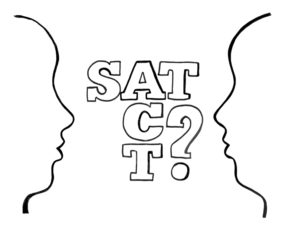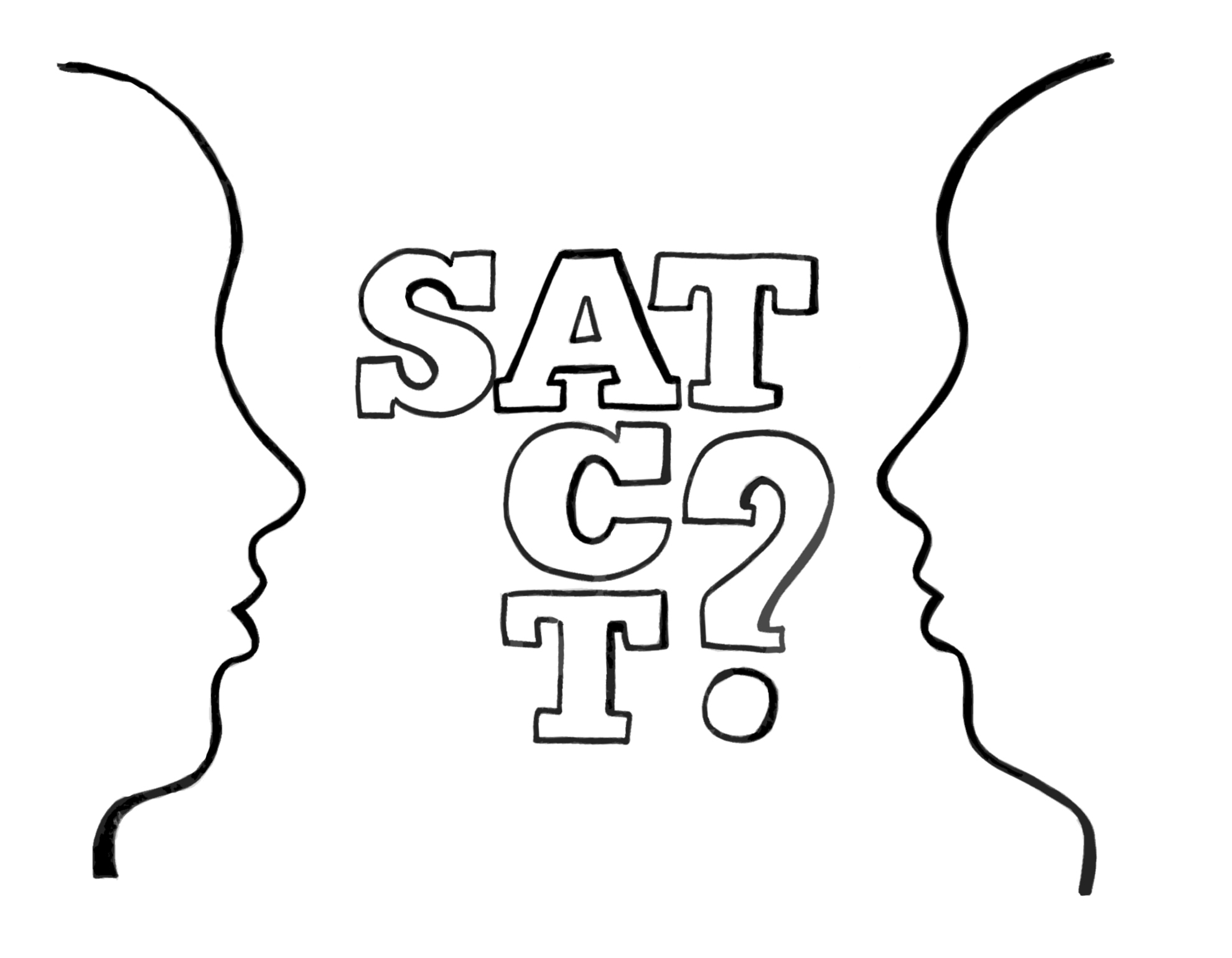 The decision between whether to take the ACT or the SAT is often fraught with anxiety for students who are just beginning their standardized test journey. What’s the difference between them? Do schools care which one a student takes? Is one harder than the other?
The decision between whether to take the ACT or the SAT is often fraught with anxiety for students who are just beginning their standardized test journey. What’s the difference between them? Do schools care which one a student takes? Is one harder than the other?
Both the ACT and SAT are widely accepted at most colleges around the United States and to them it doesn’t matter which scores students choose to send in.The ACT recently overtook the SAT as the most widely taken standardized test for college admissions, further emphasizing the fact that no test holds dominance over the other. Where geography used to factor into which standardized test students took (students on the coasts took SAT and students in the middle of the country took ACT), both tests are now common in all regions. This leaves the decision in the hands of families and students. Because the structure of each test is different, it can take some time to figure out which test best suits the skills of a student.
When it comes down to it, each test has it’s own philosophy for what it’s designed to measure. The SAT is designed to measure critical thinking and problem solving skills, while the ACT is designed to measure students’ knowledge in alignment with what they’ve learned in school. One test isn’t harder than the other, rather different students sometimes excel at different tests.
Take a look at our previous blog post ‘Standardized Tests: ACT vs. SAT’ to see the breakdown of how the ACT and SAT compare on content tested, general style and scoring. It’s helpful to know the small details of how the tests differ as well as their general approaches.
Students should ask themselves some general questions when trying to decide which test to take.
The more students are aware of their preferences and their own strengths and weaknesses, the easier it will be for them to choose a test.
To help discover which test format and style students prefer, they should take a practice ACT and SAT and compare the experiences. Sometimes students score similarly on each and sometimes there’s a clear difference in scores. Either way, a student can choose which test felt the most comfortable to them and which yielded the best results. Once a student has made their final decision, they’re ready to begin test preparation.
Sometimes students will ask whether they can take both tests to better their chances of scoring well on at least one of them. However, it’s not advisable to prep for both tests at the same time. Each test has it’s own structure and strategies. Trying to prep for both would be confusing and counterproductive. Students will save precious time and energy by choosing the test that plays to their strengths and prepping for it thoroughly.




